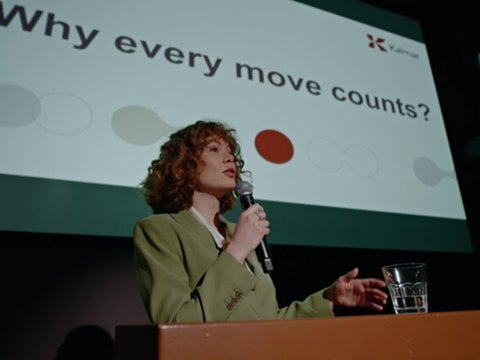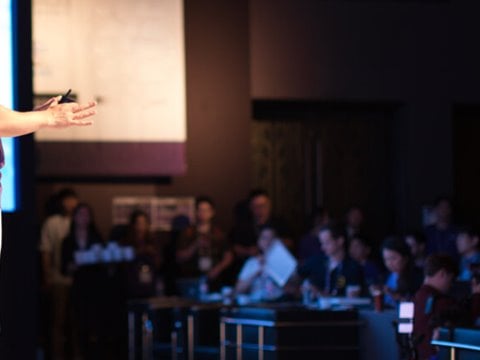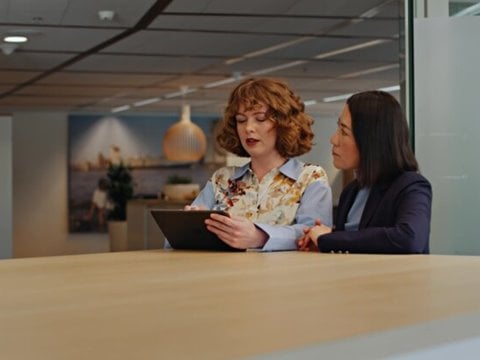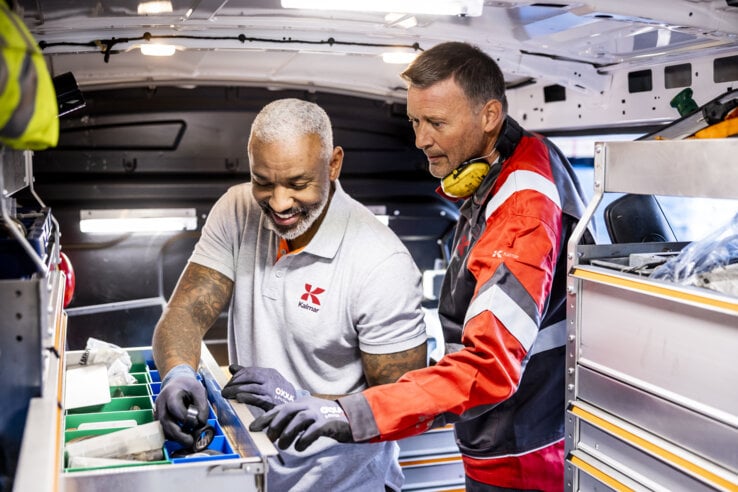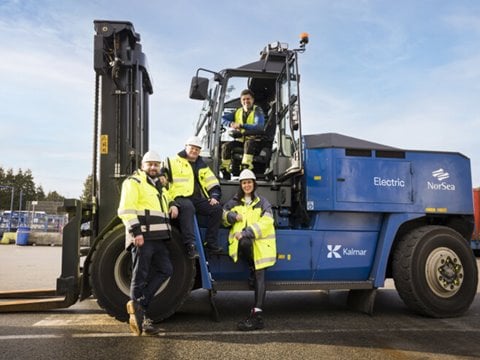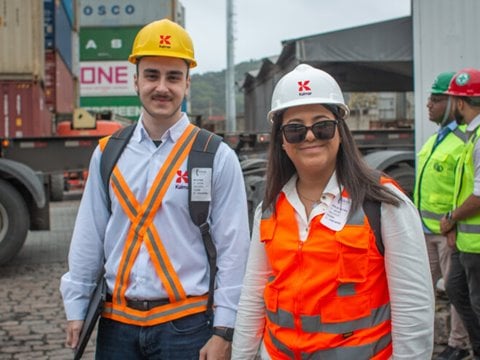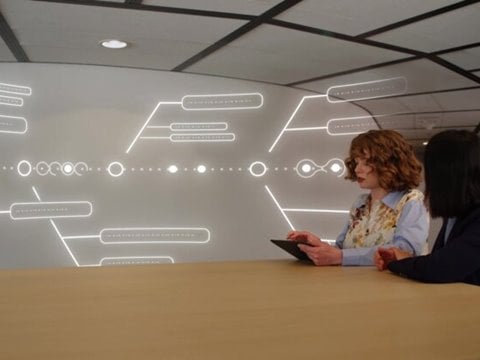
Strategy - Kalmar is committed to sustainable and profitable growth
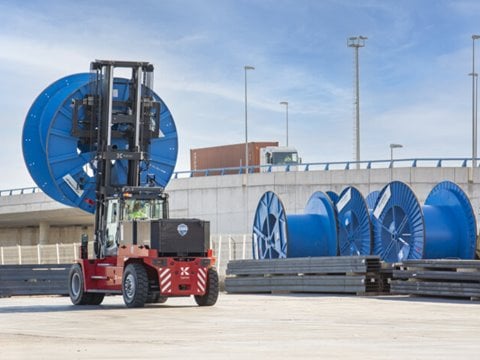
Kalmar offers the widest range of heavy material handling equipment and services for ports, terminals, distribution centres, manufacturing and heavy logistics.
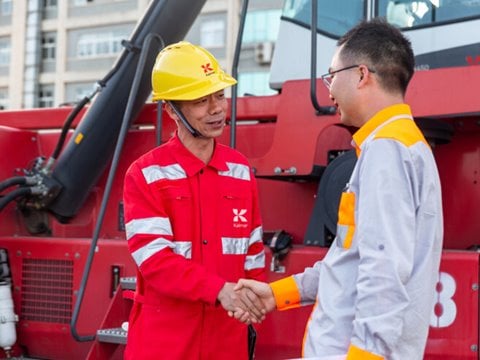
Suppliers - Continuous improvement in all areas is key to Kalmar's supply chain success

Equipment - We provide state-of-the-art terminal tractors, reachstackers, forklift trucks, empty container handlers, straddle carriers and crane spreaders.

Part & Services - With our global network of more than 1,300 service technicians and an extensive range of spare parts, maintenance and lifecycle services, we ensure equipment uptime throughout its entire lifecycle.

Automation & Robotics - Our automation and robotics offering can help you maximise your performance and improve safety and sustainability.
Shares
Share info
Share monitor
Dividend and dividend policy
Historical price look-up
Total return calculator
Share price alert
Share capital and number of shares
Consensus estimates
Own shares, share issues and authorisations
Option rights
Finnish Tax Administration's guideline for the determination of the acquisition cost for Finnish income tax purposes
All articles
All themes
Automation
Blog
Collaboration
Customer cases
Eco efficiency
Electric portfolio
Empty Container Handlers
Forklifts
Green Chair
People
Reachstackers
Robotics
Safety
Security
Services
Straddle Carriers
Technology
Terminal Tractors
Vision
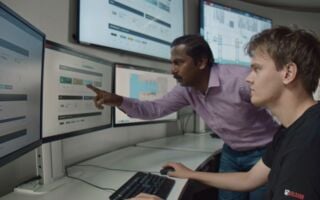
Kalmar One now available as standalone software solution
9 July 2025

Accelerating a more sustainable future: turning commitments into action
27 June 2025
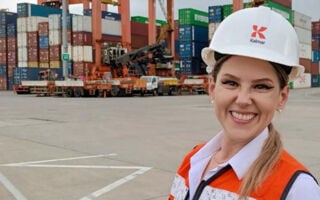
Tracsa elevates performance with MyKalmar INSIGHT
18 June 2025

3+1 reasons to digitise your fleet
18 June 2025
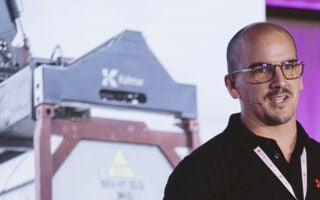
A three step guide for digitisation
17 June 2025
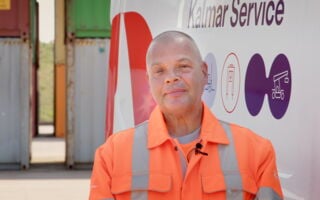
Kalmar Service Heroes: Andy Ward, UK
9 June 2025
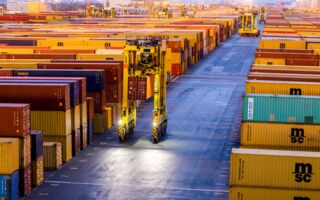
Straddle Carriers for container handling: What you need to know
26 May 2025
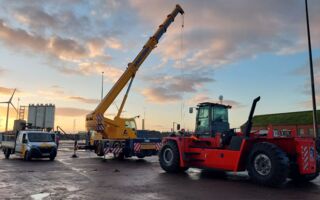
Kalmar forklifts power ABP Newport's steel handling operation
14 May 2025
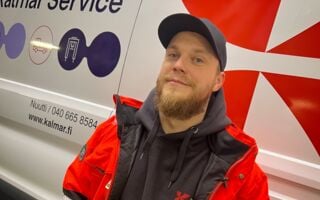
Kalmar Service Hero: Nuutti Norra from Finland
14 April 2025
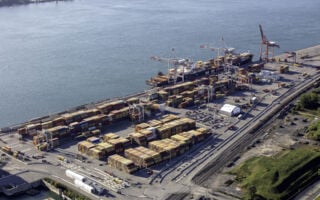
Kalmar SmartRead streamlines Termont's terminal operations
2 April 2025
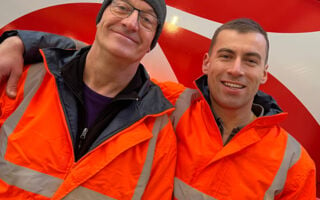
Kalmar Service Heroes: A family story
18 March 2025

Driving a sustainable future: Kalmar’s commitment to climate and circularity
12 March 2025
Subscribe and receive updates in your email
Subscribe